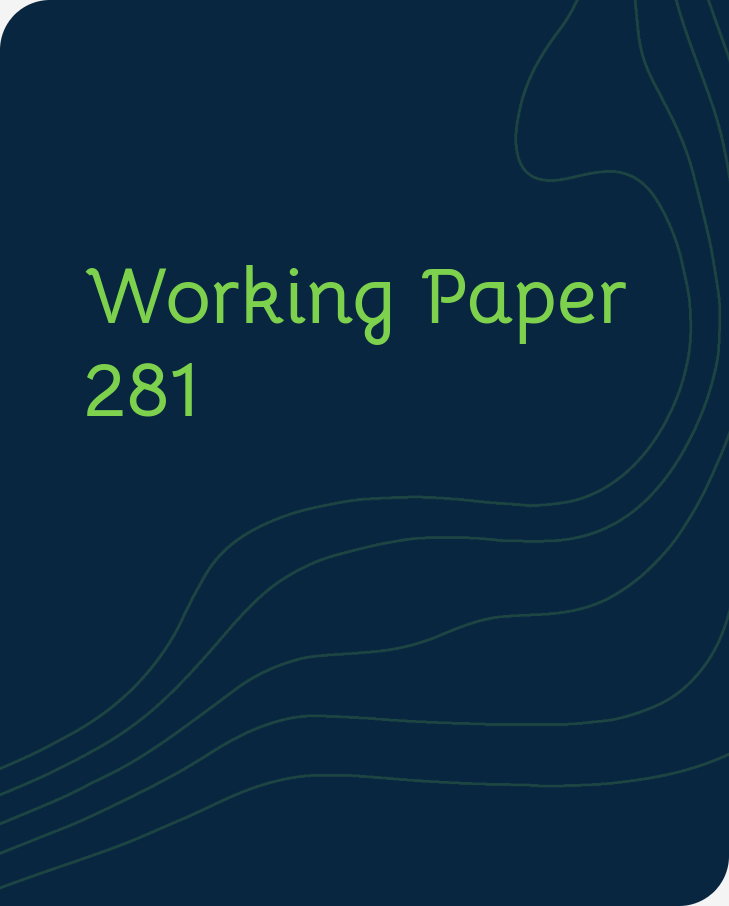Publication
Transition Report
Reform progress and transition indicators
Who we are
Overview: about the EBRDWho we are
Overview: about the EBRD
Learn about the EBRD's journey to investing more than €220 billion in over 7,800 projects.
What we do
Overview: how the EBRD operatesWhat we do
Overview: how the EBRD operates
Across three continents, the EBRD supports the transition to successful market economies.
Work with us
Overview: how you can work with the EBRDWork with us
Overview: how you can work with the EBRD
We draw on three decades of regional knowledge and financial expertise to tailor our products and approaches to each client's needs.
September, 2023

By Maxim Chupilkin, Beata Javorcik, Aleksandra Peeva and Alexander Plekhanov
This paper documents a substantial change in the use of currency of invoicing in import and export transactions, precipitated by the war on Ukraine and the subsequent introduction of trade sanctions on Russia. Over the course of 2022, the share of Russia’s imports invoiced in yuan (CNY) increased by 17 percentage points. The use of yuan as a vehicle currency increased on average by an extra 4 percentage points among trading partners that have an active yuan swap line. This effect is found only for third countries that did not impose economic sanctions on Russia. The share of CNY invoicing increased differentially more for trade in internationally sanctioned dual-use and industrial-capacity goods. The number of importing firms in Russia dealing with CNY invoices increased sharply, while the numbers of importers dealing with USD and EUR invoicing dropped, likely reflecting the rising fixed costs of clearing such payments under sanctions. Thus while dominance of the US dollar (USD) makes international sanctions more effective, as payments denominated in USD need to be cleared through the US banking system, economic sanctions may encourage a shift away from USD as a vehicle currency thus eroding the USD dominance.
For media enquiries related to this working paper, please contact Ksenia Yakustidi, Media Adviser at the EBRD’s Office of the Chief Economist
YakustiK@ebrd.com
All Working Papers
The Working Paper series seeks to stimulate debate on transition in the EBRD regions.
